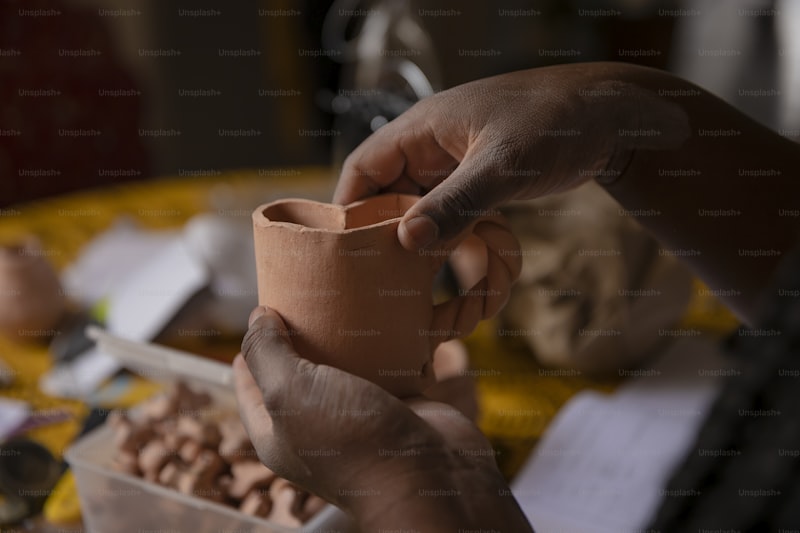Exploring Traditional Rituals and Customs: A Deep Dive into Cultural Heritage
Understanding Traditional Rituals and Customs
Traditional rituals and customs represent the rich tapestry of human culture, showcasing the values, beliefs, and social practices of diverse communities. They serve not only as a way to connect with the past but also as a means of reinforcing identity and cultural heritage in contemporary society. In this article, we delve into various aspects of traditional rituals and customs, exploring their significance, forms, and examples from around the globe. We will also address commonly asked questions surrounding these practices.
The Significance of Traditional Rituals and Customs
Rituals and customs play a crucial role in human societies, enriching lives and fostering a sense of belonging. Here are several key reasons why they are significant:
- Cultural Identity: They help maintain cultural identity and facilitate the transmission of values from one generation to another.
- Social Cohesion: Rituals bring people together, strengthening community bonds and shared experiences.
- Spiritual Significance: Many customs have religious or spiritual roots, providing meaning and purpose to participants.
- Historical Context: They often carry historical significance, preserving stories and events that have shaped cultures.
Forms of Traditional Rituals and Customs
Traditional rituals can be categorized into various forms, reflecting the vast diversity among cultures. Some common types include:
| Ritual Type | Description |
| Life Cycle Rituals | Celebrate significant milestones such as birth, marriage, and death. |
| Seasonal Rituals | Conducted during specific seasons or holidays, often tied to agricultural practices. |
| Religious Rituals | Practices performed within religious contexts, aiming to honor deities or spiritual forces. |
| Healing Rituals | Intended to restore health or well-being, often involving traditional medicine and spirituality. |
Life Cycle Rituals: Marking Milestones
Life cycle rituals are some of the most universally recognized traditional customs. These ceremonies mark important transitions in an individual's life, such as:
- Birth Ceremonies: Celebrate the arrival of a new family member. For instance, in many cultures, a naming ceremony is held to formally introduce the child to the community.
- Coming-of-Age Rituals: Such as bar and bat mitzvahs in Jewish tradition or quinceañeras in Hispanic cultures, they signify the transition from childhood to adulthood.
- Marriage Ceremonies: These rituals often involve elaborate customs and traditions that vary widely across cultures, such as the exchange of vows, rings, and community feasting.
- Funerary Rituals: Practices honoring the deceased and guiding them in their journey to the afterlife, such as the Day of the Dead in Mexico.
Seasonal Rituals: Celebrating Nature's Cycles
Seasonal rituals are intricately linked to agricultural practices, celebrating the changing seasons and their significance in human life. Examples include:
- Harvest Festivals: Such as Thanksgiving in the United States, where communities gather to celebrate and give thanks for a bountiful harvest.
- Spring Festivals: Mark the arrival of spring and the renewal of life, celebrated through events like Holi in India, which signifies the victory of good over evil.
- Winter Solstice Celebrations: Such as Yule in various pagan traditions, representing the rebirth of the sun and the lengthening of days.
Religious Rituals: Connecting with the Divine
Religious rituals are often central to traditional customs, helping individuals connect with a higher power. These may include:
- Prayer and Worship: Practices such as daily prayers in Islam or Sunday services in Christianity.
- Festivals: Important religious festivals, such as Ramadan in Islam and Diwali in Hinduism, which are celebrated with extensive rituals and community gatherings.
Healing Rituals: Balance and Restoration
Healing rituals have been practiced for centuries across numerous cultures. They involve a combination of spiritual and medicinal practices, with examples including:
- Sweat Lodges: Used in Native American cultures for purification and healing.
- Ayahuasca Ceremonies: Conducted in Amazonian traditions for spiritual awakening and healing.

Frequently Asked Questions about Traditional Rituals and Customs
Here are some common questions people ask regarding traditional rituals and customs:
1. Why are traditional rituals important?
Traditional rituals are essential for maintaining cultural identity, promoting social cohesion, and preserving historical narratives. They provide individuals with a sense of belonging and connectedness to their heritage.
2. How do rituals vary across cultures?
Rituals differ significantly around the world, reflecting local values, beliefs, and environmental contexts. For instance, marriage customs can vary from the elaborate ceremonies of Indian weddings to the simplicity of civil unions in some Western cultures.
3. Can traditional rituals coexist with modern practices?
Yes, traditional rituals can coexist with modern practices. Many communities adapt their customs to contemporary life, blending old with new while maintaining their cultural significance.
4. How can individuals engage with traditional rituals?
Individuals can engage with traditional rituals by participating in local ceremonies, learning about their cultural heritage, and being open to understanding and respecting the rituals of other cultures.
Conclusion: Upholding Traditions for Future Generations
Traditional rituals and customs are invaluable aspects of our cultural heritage. They are more than mere practices; they are living expressions of identity, community, and history. As we navigate through modern society, it is vital to embrace and uphold these traditions, ensuring that future generations inherit the richness of cultural diversity. Engaging with traditional rituals can foster mutual respect among cultures and enhance our understanding of the world’s myriad customs. Remember to approach these practices with sensitivity and openness, honoring their significance while celebrating shared humanity.